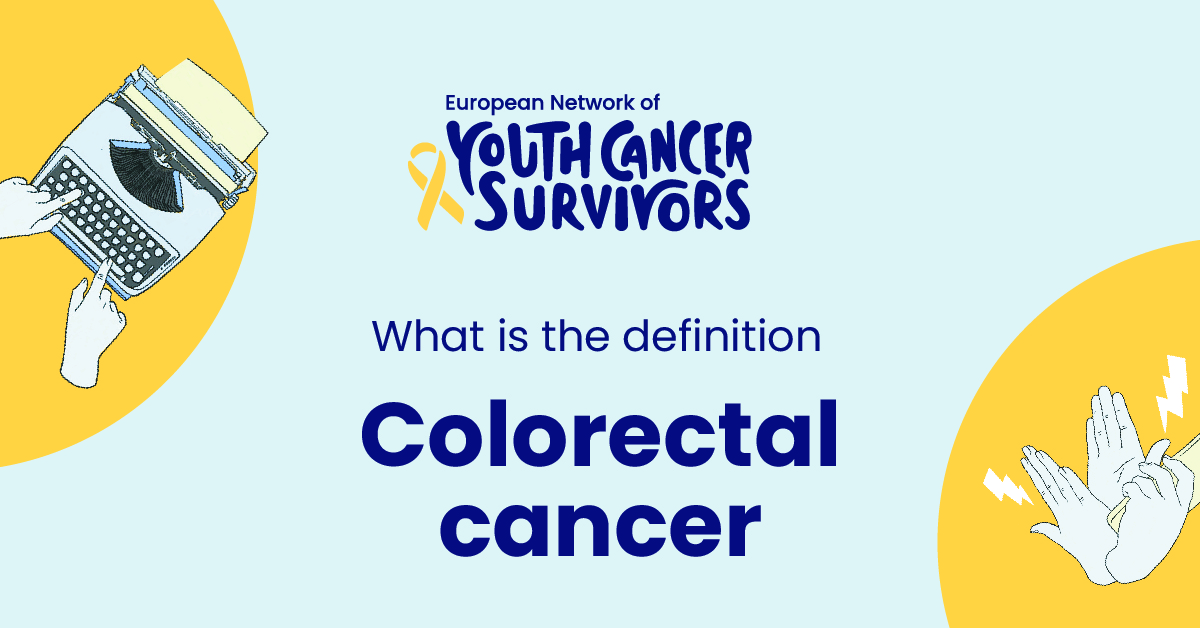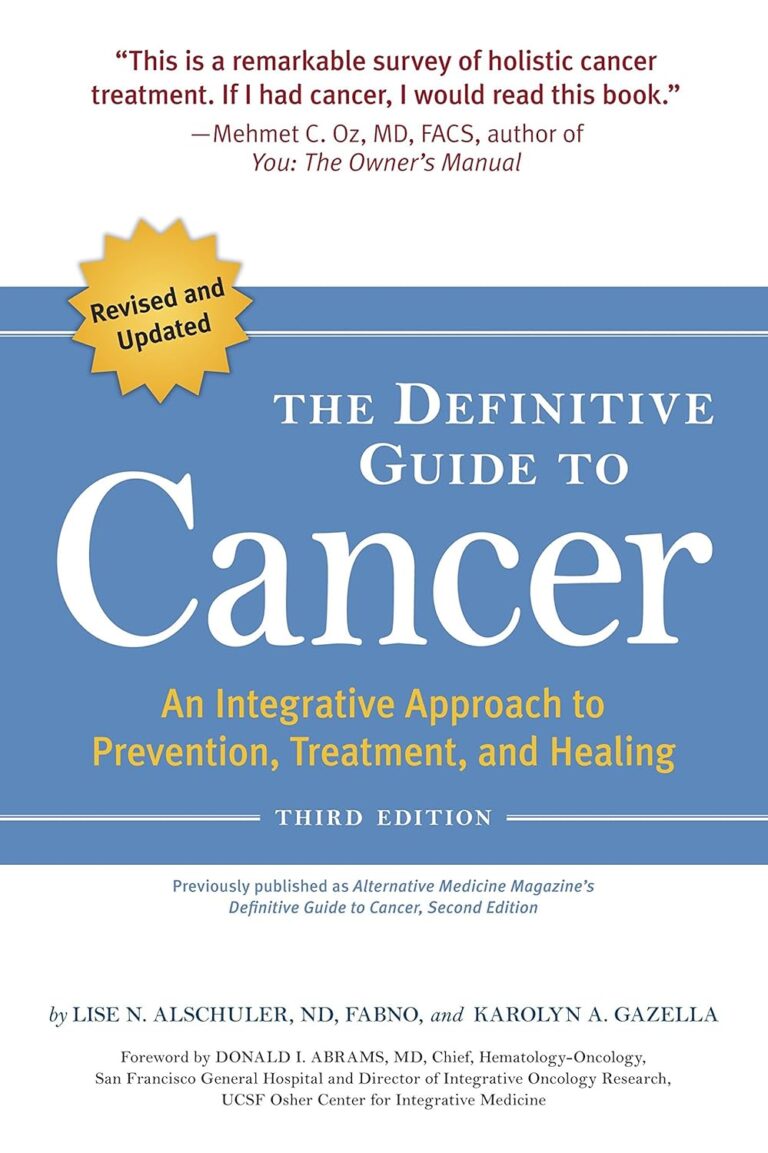
Colorectal cancer is a serious medical condition that, despite its severity, is frequently misunderstood or overlooked. Colorectal cancer, which encompasses both colon and rectal cancers, is the third most prevalent cancer worldwide and the second leading cause of cancer-related deaths. Understanding what colorectal cancer is, knowing its causes, symptoms alongside the varied diagnostic and treatment methods, is crucial to the early detection and prevention of this life-threatening ailment.
Understanding Colorectal Cancer: What Does It Mean?
Colorectal cancer is a type of cancer that starts in the colon (the large intestine) or the rectum (the last segment of the colon). Cells in these regions grow uncontrollably, forming a mass known as a tumor. Not all tumors are cancerous, but those that are pose strong health risks as they can spread to other parts of the body.
The colon, which makes up most of the large intestine, has a significant role in the body’s digestion process. Conversely, the rectum plays a crucial part in the excretion of waste. In determining whether it’s colon or rectal cancer, the location of the tumor within the colon or rectum differentiates the two.
The Causes and Risk Factors of Colorectal Cancer
Several factors increase the risk of colorectal cancer, including aging, a personal or family history of colorectal polyps or cancer, inflammatory intestinal conditions, diet low in fiber and high in fat, sedentary lifestyle, smoking, heavy alcohol consumption, obesity, diabetes, and radiation therapy for cancer.
Lifestyle and dietary choices significantly influence the risk of contracting colorectal cancer. Regular physical activity and eating a diet rich in vegetables, fruits and whole grains can reduce the risk. Equally, genetic predisposition to the disease due to inherited gene mutations or a family history of the disease can greatly increase the risk.
Get to know us better
If you are reading this, you are in the right place – we do not care who you are and what you do, press the button and follow discussions live

Symptoms and Early Warning Signs to Watch Out For
Common symptoms of colorectal cancer range from changes in bowel movements, including diarrhea or constipation, a feeling that the bowel doesn’t empty completely, rectal bleeding, blood in stool, persistent abdominal discomfort, feeling tired or weak and unexplained weight loss.
Knowing when to seek medical attention is critical. If these symptoms persist, it’s essential to consult a healthcare professional. Early detection can significantly improve the chances of successful treatment and survival.
Diagnostic Methods for Colorectal Cancer
Colorectal cancer diagnosis involves a series of tests. The process may start with a colonoscopy or sigmoidoscopy, where a tiny camera is used to view the entire colon and rectum. During these procedures, growths known as polyps can be removed and analyzed for cancer.
A biopsy might also be conducted if abnormalities are detected. This involves taking a small sample of tissue for laboratory testing. The resulting diagnosis gives healthcare professionals valuable information about the development and progression of the disease.
Current Treatment Options for Colorectal Cancer
Standard treatment procedures for colorectal cancer involve surgery, chemotherapy, and radiation therapy. These treatments aim to remove or kill cancer cells. However, the choice will depend on the stage and advancement of the disease.
Emerging treatment trends and medical advancements are providing new hope in the fight against colorectal cancer. Immunotherapy, targeted therapy, and advancements in surgical procedures offer more tailored and less invasive treatment options. It’s important to remember that your healthcare provider will work with you to establish the best treatment plan considering your situation.
Living with Colorectal Cancer: Management and Quality of Life
Coping with colorectal cancer involves dealing with the disease both physically and emotionally. This includes managing treatment side effects, making lifestyle changes, and seeking support from friends, family, or support groups.
Support systems play a vital role in managing this disease. Patient networks, family, and friends can assist with physical and emotional strain. Survivor stories and experiences can also serve as a source of encouragement and inspiration.
Conclusion
Understanding colorectal cancer, its causes, symptoms, diagnostic, and treatment methods can greatly improve your chances of early detection and successful treatment. Leading a healthy lifestyle and staying vigilant about your health can help lower your risk. Always remember to seek medical advice if you experience any persistent symptoms related to colorectal cancer.
FAQs
- How common is colorectal cancer and who can get it?
Colorectal cancer is the third most common cancer worldwide. Although it can affect anyone, it’s more common in individuals over 50, those with a family history of the disease, and those with certain genetic syndromes.
- Does having colorectal cancer symptoms automatically mean I have the disease?
Not necessarily. Many symptoms of colorectal cancer can be caused by other diseases. It is crucial to consult with a healthcare provider if symptoms persist.
- What is the survival rate for individuals with colorectal cancer?
The survival rate varies widely depending on the stage of detection. Early detection before the cancer has spread significantly improves the survival rate.
- Can colorectal cancer be prevented?
There isn’t a guaranteed method to prevent colorectal cancer, but you can lower your risk by maintaining a healthy weight, eating a nutritious diet, exercising regularly, and limiting alcohol intake and smoking.
- Is there a link between colorectal cancer and diet?
Yes, diets high in red and processed meats have been linked to an increased risk of colorectal cancer. A diet rich in fruits, vegetables, and whole grains can help lower the risk.

















Comments
Thank you. Comment sent for approval.
Something is wrong, try again later